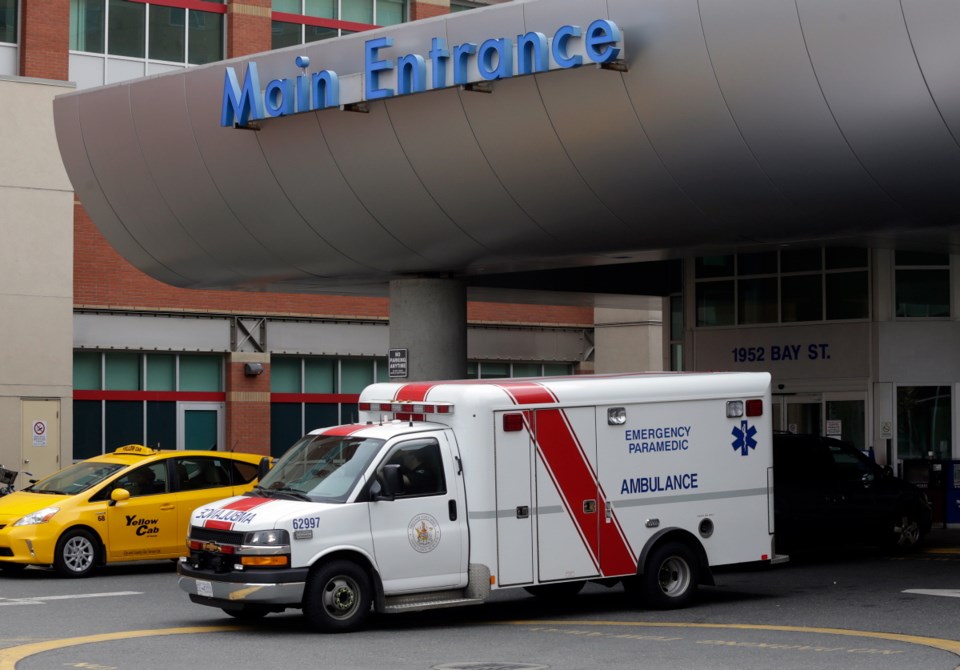Royal Jubilee is set to become the first publicly funded hospital in North America with an automated microbiology lab that uses time-saving technology that doctors say could save lives.
The hospital’s microbiology lab is being expanded to accommodate $4.3 million worth of new equipment that will help speed up the reading and diagnosis of illnesses caused by bacterial and yeast infections.
The critical feature of the new equipment is that it can be programmed to photograph bacteria or yeast cultures as they grow. Technicians will be immediately informed of the culture’s status and the next step in the process can identify the bug “within minutes” — shaving hours off the process.
Dr. John Galbraith, one of four medical microbiologists and infectious diseases specialists on Vancouver Island, called the system — which is already used in some large private labs in Ontario and Alberta — a major step forward.
“Although we are leaders here, I expect many other labs will be following suit,” Galbraith said. “It will help us get shorter times to results which has a measurable impact on patient outcomes.”
In a standard lab, hundreds of specimens arrive around the clock. They are smeared on a plate and placed in an incubator, typically overnight, and not read until the morning.
The new technology can be programmed to photograph the culture, indicate when it’s ready for reading, and send a digital photograph to a desktop computer — or, in the future, to a handheld device — for reading.
The cultures are then read by an instrument that can identify the bug “within minutes,” Galbraith said.
The new equipment could bring diagnosis down to six to eight hours from as long as 12 to 24 hours.
In the case of a urinary tract infection, which could lead to life-threatening sepsis shock, a quick diagnosis critical.
“In those settings where a doctor is dealing with sepsis, every hour counts,” Galbraith said.
When a doctor suspects a serious infection, a broad-spectrum antibiotic will be prescribed prior to a lab-confirmed diagnosis.
“But the truth is there are always surprises,” he said.
Royal Jubilee is home to the main public microbiology lab on the Island serving about 75 per cent of cases, including all hospitals.
The new lab consists of seven workstations, three incubators that hold about 1,200 plates, and advanced robotics that automatically send and retrieve samples.
The standardized procedures of the robotics are expected to reduce human error, Galbraith said.
Catriona Gano, director of laboratory medicine for Island Health, said no job losses are expected as a result of the new technology.
In time, the equipment is expected to produce overall savings with shorter hospital stays by way of faster diagnosis, improved patient flow and patient care, Gano said.
Health officials hope the automation will offset a lack of lab technologists on the Island. The only training program in the province is at the B.C. Institute of Technology in Burnaby.
“Planning on the future we know we will have to rely on automation in different areas of lab, not just microbiology to meet the growing need,” Gano said.
The Capital Regional Hospital District board approved funding of $1.29 million to cover 30 per cent of the cost with Island Health paying the remainder.



